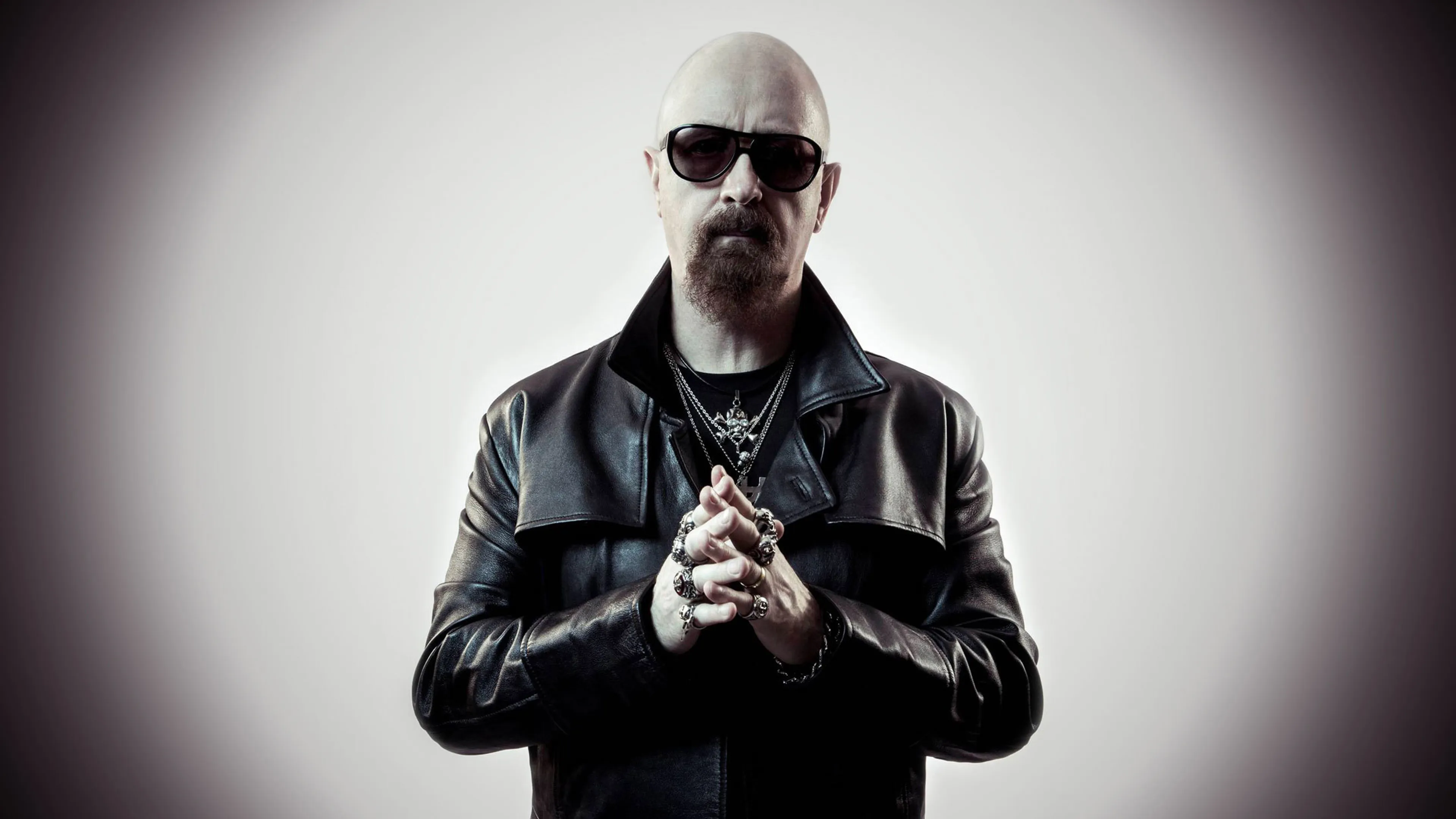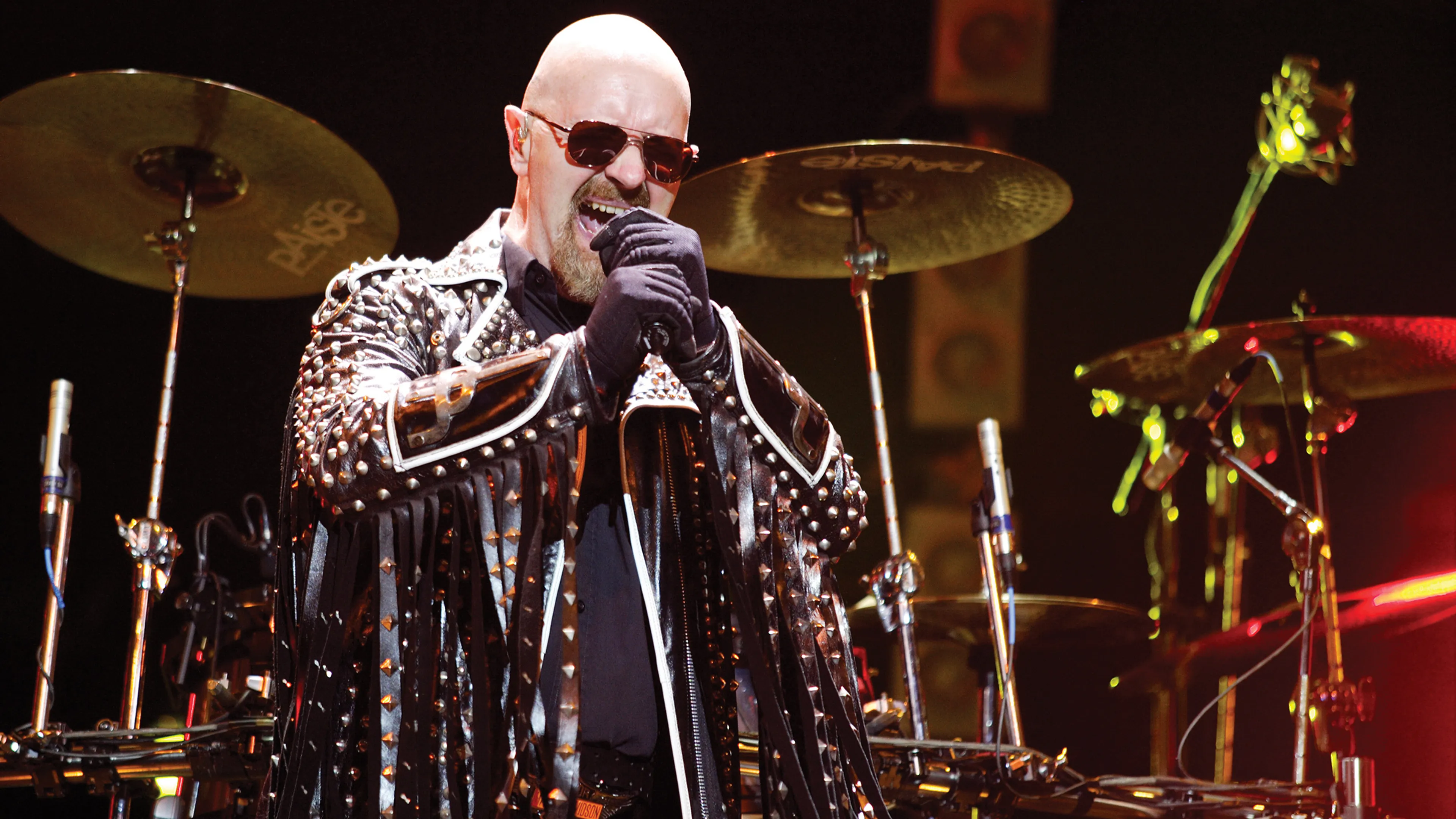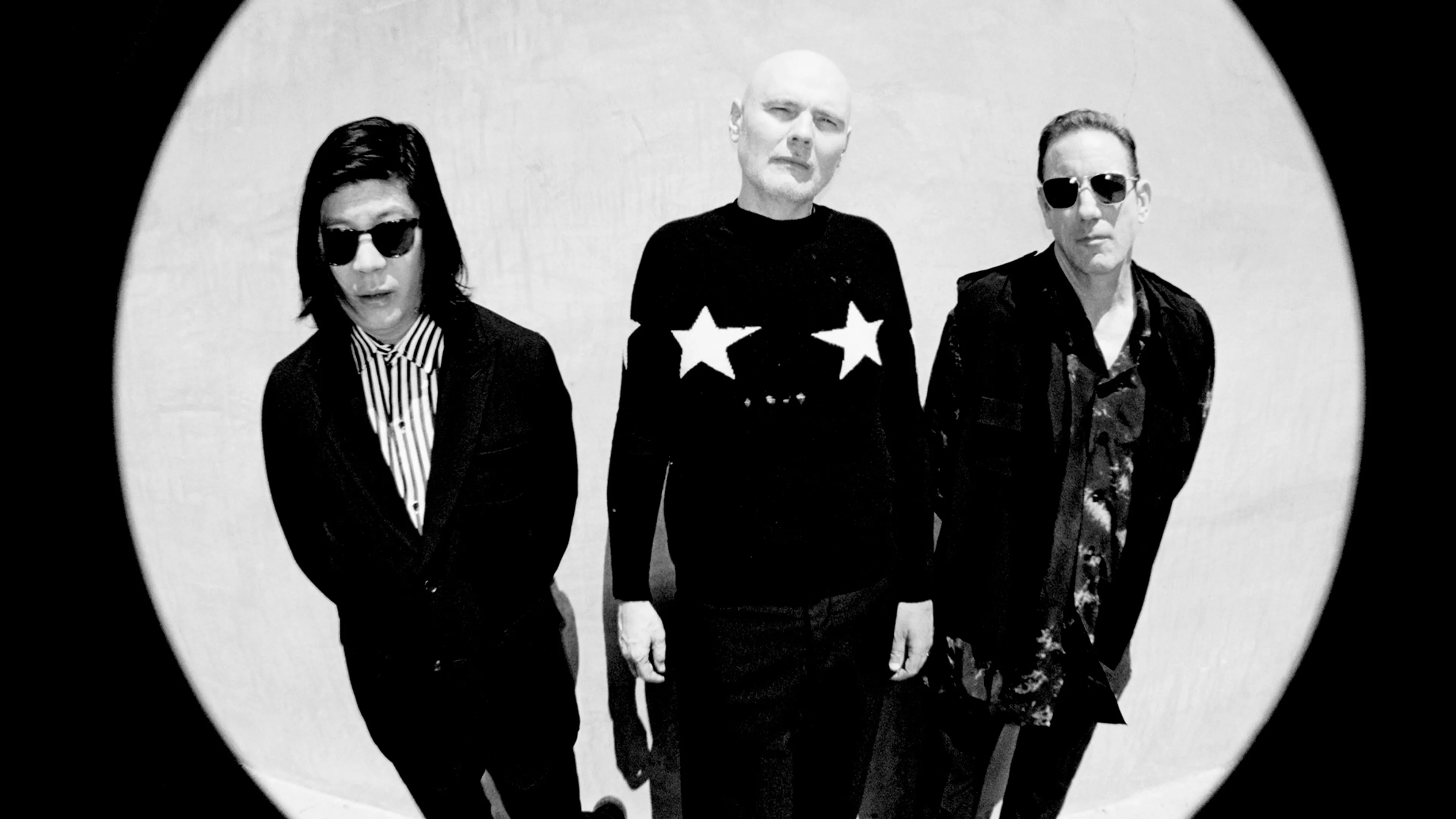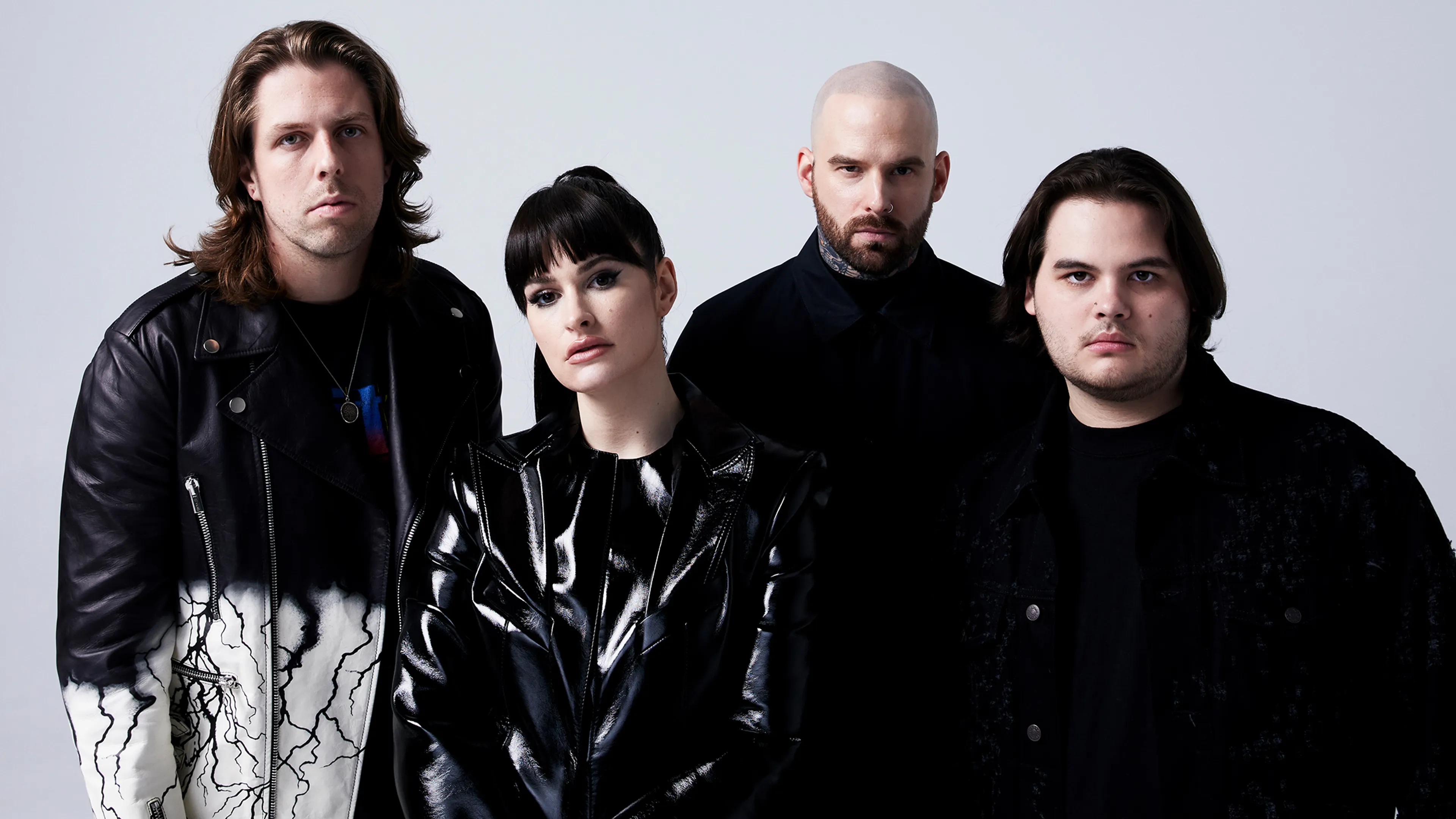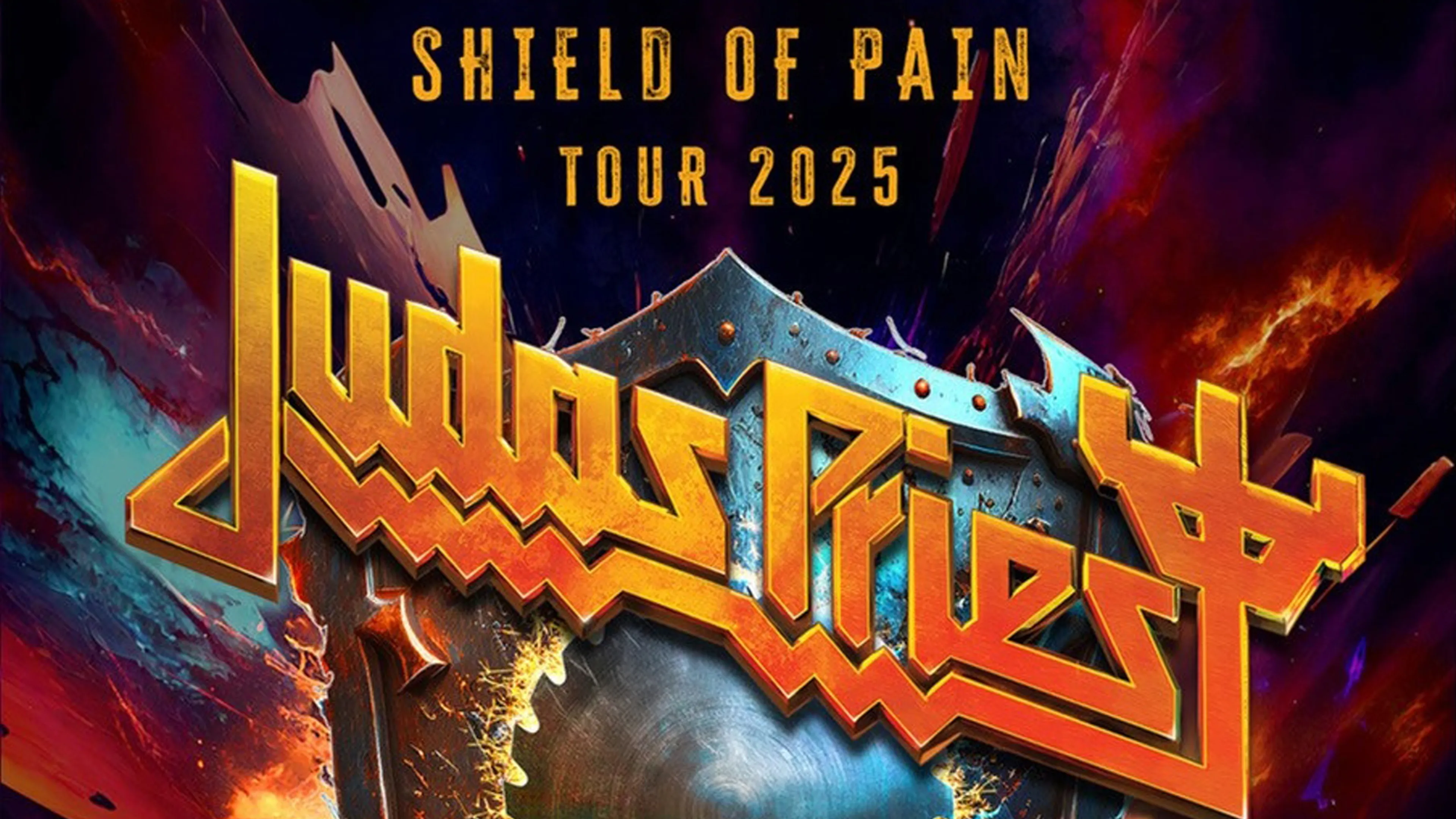Back then nobody knew you were gay. How did it feel when you came out in 1998?
“It was a bit similar to quitting drinking. You think you’re gonna lose all your mates, so there was a lot of worry. But that didn’t happen. There’s this belief that everyone’s gonna hate your guts because (adopts ominous voice) you’re gay. Even today. And that just shows you the depths of the psychosis that comes with this. Nobody chooses to be gay. Who’d choose to be in a group of people who get thrown off buildings and hung in public? It’s just who you are, and it’s an understanding and a development of who you are as you grow up. Even as a little kid, I knew I was gay. As I was going through my teenage years, I’d get a lot of that ‘you fucking homo’-type abuse, and you become confused. You torture yourself, ‘What’s wrong with me?’ and all that horrible stuff. I’ve said this a million times since I’ve come out – you’ve gotta look after yourself first. And that’s not being selfish, you’ve got to look after your needs as a person alive on this planet. Make sure you find peace and tranquillity in your own world and then you can deal with everything else. For years, I was putting everything else first – the band, the fans, everybody was ahead of me, and I was at the back of the queue. And you can’t do that in life.”
Were you worried when you gave the interview where you came out?
“When I finally came out on MTV and I said what I did during that interview, I left thinking, ‘I’ve fucked it – that’s it. Why did I do that?’ But then I started getting letters and faxes and messages from people, saying, ‘I’m a gay metalhead, and it’s great to feel like I’ve now got someone I can relate to.’ All these beautiful expressions were coming to me from all over the world. And when it’s something tangible like that – reading a letter, giving someone a hug after a show, like I did the other day – it’s a deep expression of love.”
Do you feel like things have moved on since then?
“We’ve still got a long way to go. I think the LGBTQ [community], as we call ourselves now, still have to figure a lot out in terms of equality. But much like metal was regarded as the black sheep of rock’n’roll – with people being like, ‘Oh, you don’t like heavy metal, do you? That’s not music. That’s crap’ – you can apply that same thing to the gay community. It’s a similar experience in some of its elements. But then again we still talk about sexual orientation, skin colour, or ‘my religion’s better than yours’. You’d think there would have been some kind of change and people would have moved on after such a long time. Now that I’m moving through my OAP heavy metal years (laughs), I thought a lot of it would be gone by now. And it’s a shame. We don’t really get to spend a lot of time on this planet together, so there’s no point in wasting it being divided. Love yourself, love each other, and love heavy fucking metal!”
You’ve always had a positive and undefeatable attitude in your music and in your life. Do you think that’s why you’ve had the career and the enduring appeal you’ve had – that fighting spirit?
“We’ve always had that, haven’t we? But we’ve sung about a lot of things in Priest, whether it’s Painkiller or The Sentinel, and it’s always the same: evil is always defeated. It’s an important quality in Priest. We’re a band who can be breaking the law, but we know why we’re breaking the law – we’re sick of being lied to by politicians and the man, and then You’ve Got Another Thing Coming – ‘If you think I’ll sit around as the world goes by/You’re thinkin’ like a fool ‘cause it’s a case of do or die.’ That’s the heavy metal spirit, isn’t it? I love all kinds of metal. Priest are a band that have always been trying to push things forward in a positive way. We talk about death, doom and destruction – but it always gets beaten. It’s like Rocky or The Avengers movies. We always come out stronger on the other side after going through those battles. And when you leave a Priest show – or any heavy metal show – you feel exhilarated and good inside. It’s a really uplifting and positive experience.”
Read this next:
